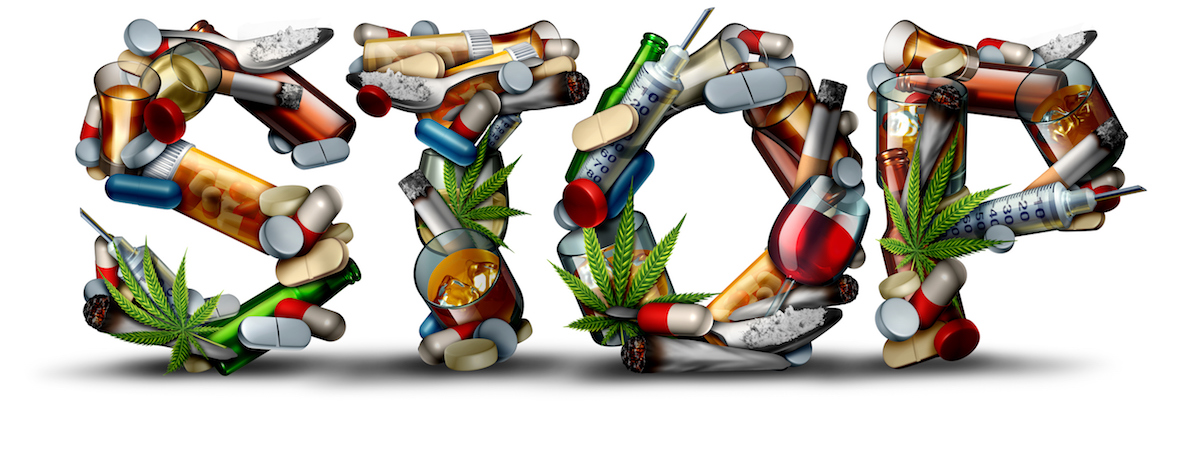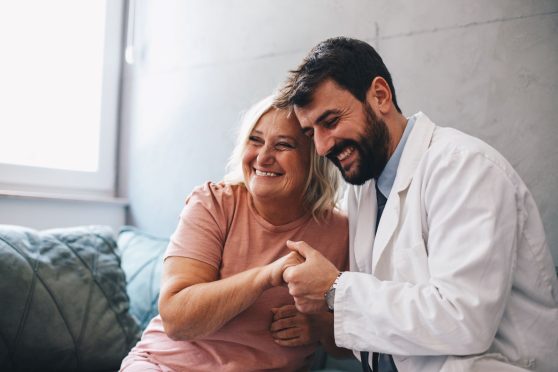The dangers associated with street drugs like cocaine and fake pills laced with fentanyl have been well documented.
Now there is a new deadly drug combination to be concerned with — marijuana with fentanyl in it.
From July through October, the state reported 39 cases in which patients overdosed but denied any opioid use, claiming only to have smoked marijuana. In one instance, marijuana confiscated by the Plymouth police department was brought to a state lab where it tested positive for fentanyl.
“This is the first lab-confirmed case of marijuana with fentanyl in Connecticut and possibly the first confirmed case in the United States,” said the Connecticut Overdose Response Strategy and the Connecticut Department of Public Health, Office of Emergency Medical Services.
Fentanyl, which is 100 time more powerful than morphine, has become a major problem across the nation, playing a large role in a record-setting number of overdoses during the COVID-19 pandemic.
Related: In One Year of Pandemic, More Died of Overdose Than Gun Violence, Car Accidents
The prevalence of fentanyl combined with the recent legalization of marijuana and the pandemic fueled increases in substance use. This makes it imperative that we, as providers, do whatever we can to alert people to these potentially lethal drug combinations.
We must encourage patients who use marijuana and/or other drugs to:
- Not to use any illicit drugs, including marijuana, alone.
- Buy marijuana at medical dispensaries or places where marijuana is legally sold, not off the streets. That way, people know for sure what they are getting.
- Make sure marijuana and other drug users have naloxone, or NARCAN, on hand – it reverses the symptoms of opioid overdose, including fentanyl.
- Use fentanyl testing strips, because they might not be able to see, smell or taste it.
How to Get Help
If someone needs Naloxone, fentanyl testing strips or other harm reduction supplies, they can call the Addiction Resource Line at 860.256.8111 or visit www.ghhrc.org.
If you know someone who needs substance use disorder treatment, you can refer them by calling our Medication Assisted Treatment Close to Home (MATCH) program at 855.825.4026 or visit www.hartfordhealthcare.org/match.
If someone is experiencing an overdose, call 911 immediately. Click here for the CT Good Samaritan Law.
Dr. J. Craig Allen is Medical Director at Rushford, Chief of Psychiatry at MidState Medical Center and Vice President of Addiction Services for the Hartford HealthCare Behavioral Health Network.



